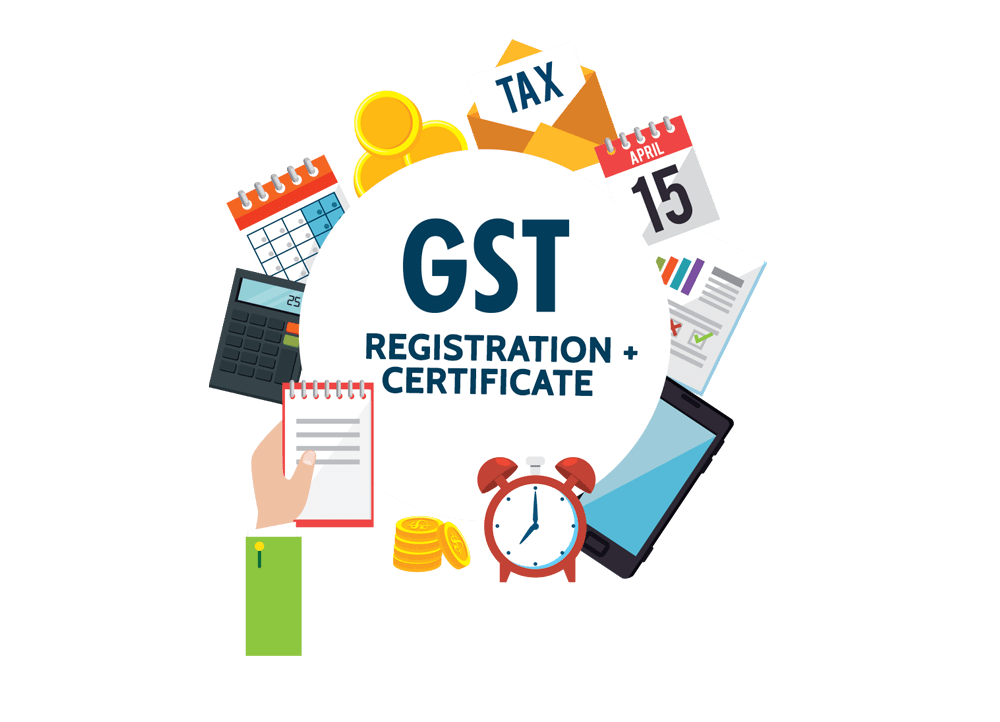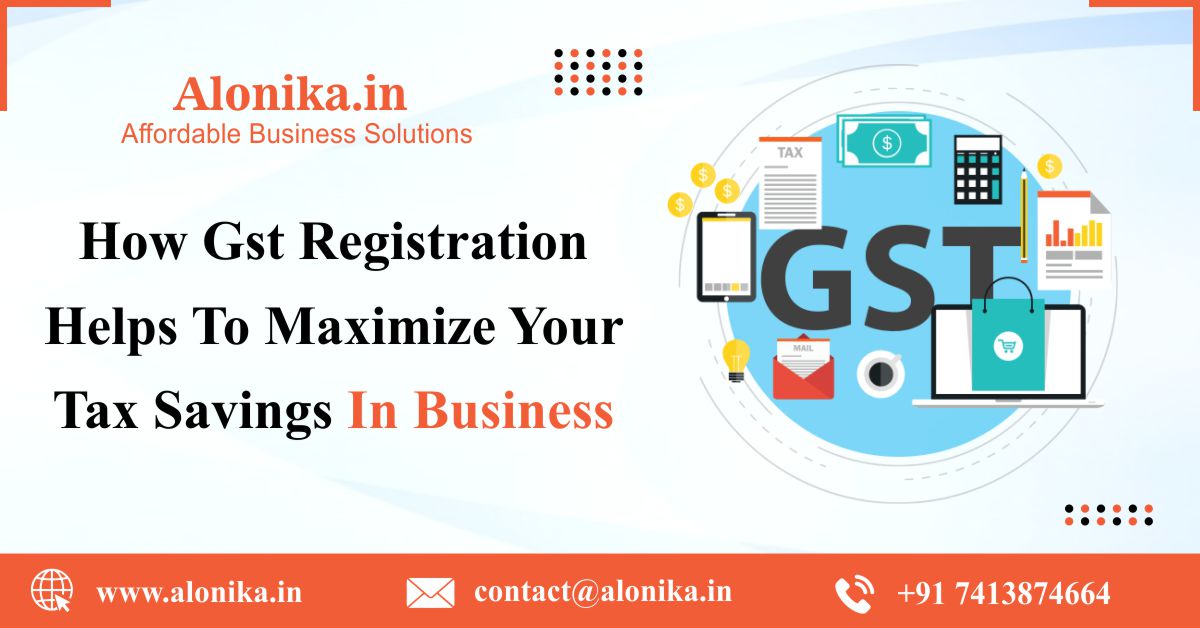Discovering Trustworthy and Reliable Best GST Registration Services in Singapore
Wiki Article
From Beginning To End: The Ultimate Roadmap to GST Enrollment for Organizations Seeking Financial Stability
Navigating the complexities of Product and Services Tax (GST) registration is a vital action for organizations making every effort for economic security. Breaking down the roadmap right into convenient steps can improve the registration journey for businesses looking to boost their monetary standing.Comprehending GST Fundamentals
Looking into the basic concepts of Product and Services Tax (GST) is important for acquiring an extensive understanding of its implications on services and the economy. GST is a value-added tax levied on many goods and solutions for domestic consumption. It has replaced several indirect tax obligations that existed in the pre-GST age, enhancing the tax framework and boosting simplicity of doing company in India. Under the GST system, both goods and services are strained at a details price, which is figured out based upon their category. Services are called for to sign up for GST if their annual turnover exceeds the threshold restriction set by the federal government. Input Tax Credit Scores (ITC) is a considerable feature of GST, permitting services to claim credit scores for tax obligations paid on inputs, minimizing the total tax worry. Recognizing the fundamentals of GST is critical for companies to follow tax obligation policies, handle their funds efficiently, and add to the country's economic growth by getting involved in a transparent tax system.Eligibility Criteria for Enrollment
As of the present regulations, the threshold restriction for GST registration is an annual accumulation turnover of 40 lakhs for services operating within a state, other than for unique category states where the restriction is 20 lakhs. Additionally, specific organizations are needed to sign up for GST irrespective of their turn over, such as interstate vendors, laid-back taxed individuals, and services responsible to pay tax obligation under the reverse fee system. It is vital for organizations to extensively examine their turn over and transaction types to identify their GST registration responsibilities accurately.Papers Required for Registration
Having satisfied the qualification requirements for GST enrollment, businesses should currently guarantee they have the requisite documents in location to wage the enrollment process efficiently. The documents needed for GST registration generally include evidence of organization constitution, such as partnership action, registration certificate, or consolidation certification for various types of services. In addition, organizations require to provide documents establishing the primary workplace, such as a rental arrangement or electrical power costs. PAN card of the company, in addition to the identity and address evidence of promoters/partners/directors, are essential for verification objectives. Savings account declarations, in addition to canceled cheques or a duplicate of the financial institution passbook, are needed to validate the monetary details offered during registration. Organizations need to have digital trademarks prepared for the accredited signatory. Making certain all these documents are organized and readily available will certainly accelerate the GST registration process, making it possible for companies to conform with tax regulations effortlessly.Step-by-Step Enrollment Process
Starting the GST registration process entails a series of organized steps to make sure a compliant and smooth enrollment for companies. The initial step is to see the GST portal and submit the enrollment kind with precise information of business entity. Following this, the applicant gets a Short-term Referral Number (TRN) which is used to resume the application process if it's not completed in one go.Following, all called for records as per the checklist provided by the GST portal need to be uploaded. These records usually include proof of company identity, registration and address proofs of promoters, monetary statements, and service entity's frying pan card.

Post-Registration Compliance Standards

Conclusion
To conclude, services seeking financial security needs to understand the essentials of GST, fulfill qualification requirements, collect necessary documents, adhere to the detailed registration procedure, and adhere to post-registration guidelines - Best GST registration services in Singapore. By adhering to these actions, services can make certain conformity with tax regulations and keep economic stability in the lengthy runFurthermore, specific companies are required to register for GST regardless of their turnover, such as interstate suppliers, informal taxed individuals, and companies liable to pay tax obligation under the reverse charge device.Having met the qualification requirements for GST enrollment, services have to now guarantee they have the requisite records in location to continue with the registration procedure efficiently. The records required for GST enrollment commonly include evidence of company constitution, such as partnership act, enrollment certificate, or unification certificate for different types of businesses. Furthermore, services require to supply documents establishing the primary area of company, such as a rental arrangement or electrical energy costs.Starting the GST registration procedure involves a like this series of you could try this out organized actions to make sure a seamless and certified registration for businesses.
Report this wiki page